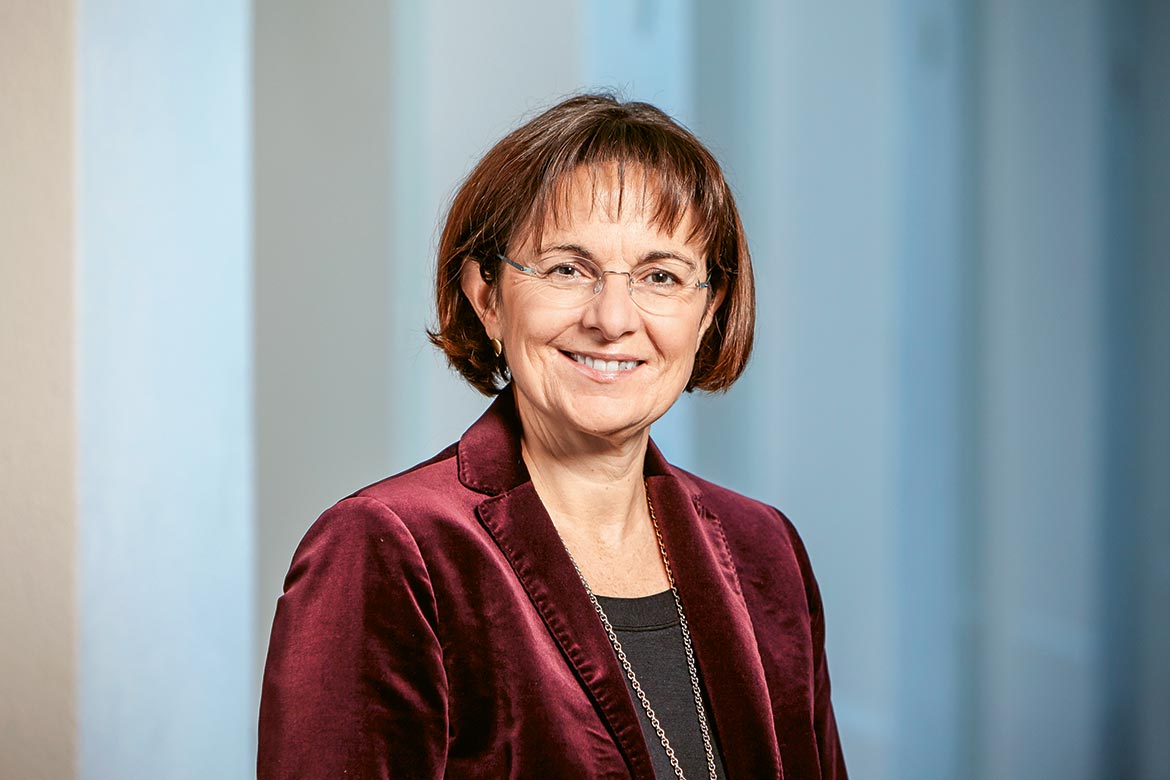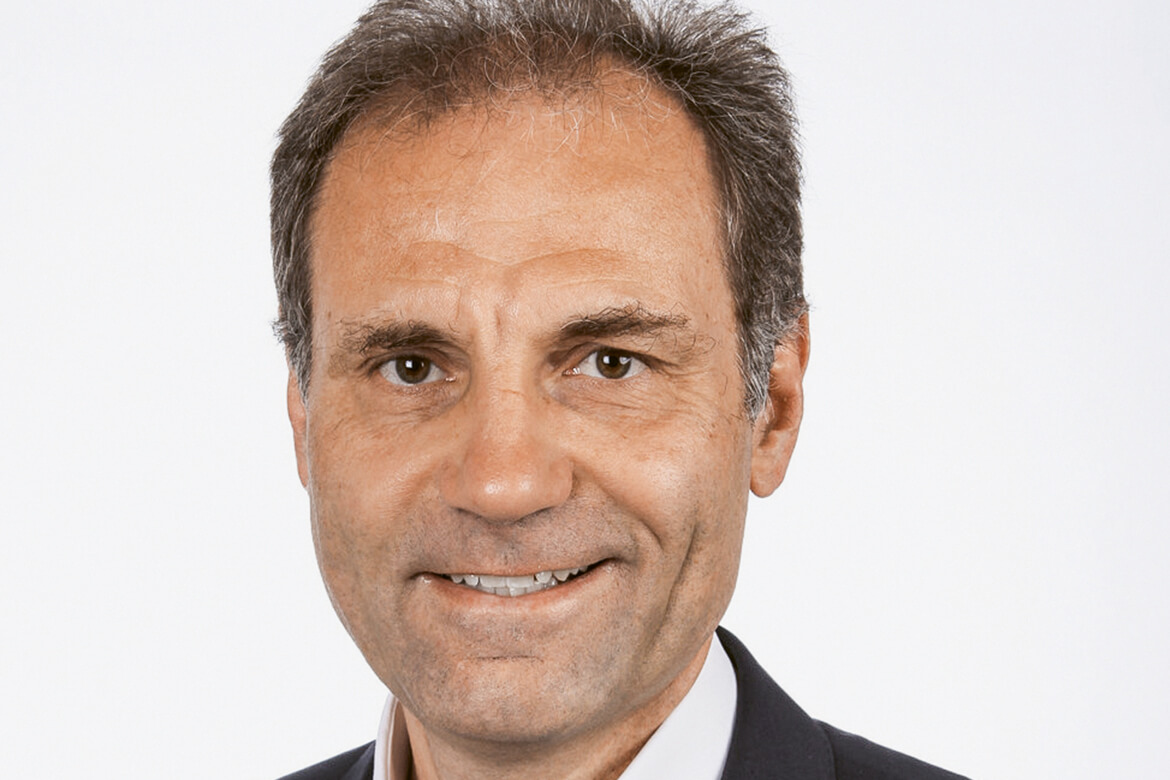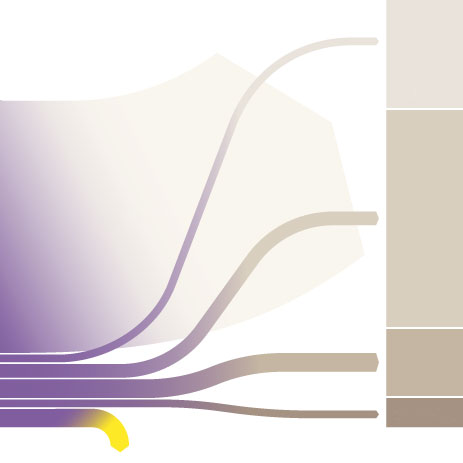STANDPOINT
“Professional Bachelor’s degrees don’t bring any advantages”
Ursula Renold knows from her own research that introducing professional Bachelor’s degrees will only bring greater confusion to the myriad of qualifications on offer today. This will benefit no one, she says.

The education researcher Ursula Renold began her career in a commercial apprenticeship at a bank. | Image: zVg
In March 2023, the Swiss Council of States rejected the title of ‘Professional Bachelor’ proposed for higher technical colleges (HF, or HES/ITS). There was widespread indignation at this refusal to align the tertiary qualification for technical and professional trainees with the degrees offered by the traditional universities and the universities of applied sciences and arts. Ursula Renold, a professor of education systems at ETH Zurich, is of a different opinion. She began her career by undertaking a commercial apprenticeship at a bank.
Ursula Renold, the Council of States has rejected the introduction of a professional Bachelor’s for HFs. Has the university lobby succeeded in eliminating the competition?
No, I don’t think so. The Federal Council similarly argued that a professional Bachelor’s would be a foreign body in the Swiss education system. The qualification offered by the HFs is a tertiary degree that nevertheless constitutes the second qualification in a two-tier system because it is taken after someone has already completed a professional apprenticeship. A Bachelor’s, as awarded by the different types of university, is regarded as an initial qualification. It would be a shame if the high degree of practical expertise acquired by the graduates of an HF were equated in international terms with an academic degree.
So why have Germany and Austria introduced this title?
Because they seemingly want to raise the prestige of these qualifications. But there is no evidence that the title ‘Professional Bachelor’ brings any advantages at all. On the contrary, it merely leads to a process in which titles become inflated. If it’s no longer clear what the different qualifications mean, then companies will simply begin introducing their own forms of assessment.
Why are the current titles useful to companies?
I’ll give you an example. There are three different tertiary qualifications in business administration in Switzerland: one each from the traditional universities, the universities of applied sciences, and the HFs. Our research has shown that SMEs mostly hire those who’ve studied at an HF, because they are unable to offer a sufficiently broad range of tasks for people who’ve had academic training. Large companies, by contrast, want all three types. Introducing a professional Bachelor’s would only confuse matters.
But it’s also the universities who are creating this confusion with their different degrees entitled CAS, MAS and DAS.
Exactly. Just like the Professional Bachelor, these were also invented by the other German-speaking countries. In the case of the MAS (the Master of Advanced Studies), for example, the qualifying phrase ‘advanced studies’ is often omitted – and then you don’t know what kind of Master someone has actually taken.
So how could the tertiary qualification from an HF be given the international recognition that it deserves?
We need to ensure that the HR managers of international companies in Switzerland are properly informed. And these diplomas must be accompanied by a transcript of record or a diploma supplement to explain how the educational qualification in question should be classified within the European framework. An HR manager in England would be perfectly able to assess the value of the several years of work experience that you need for a qualification from an HF, which is on the same European educational level as an academic Bachelor’s.




